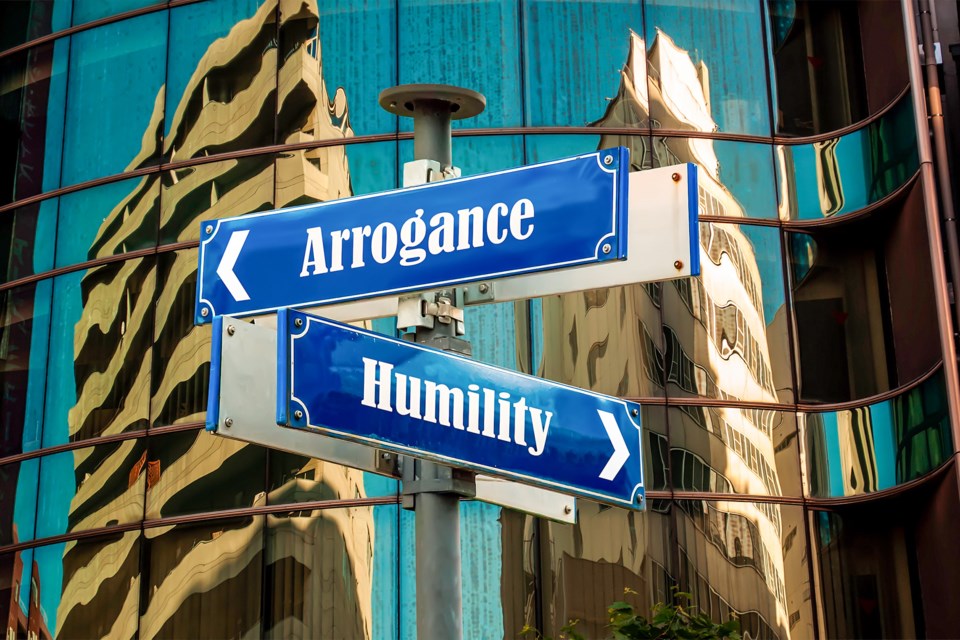As an Anglican cleric I have seen numerous people at the end of their lives. It’s difficult, challenging and, frankly, it’s not at all like in the movies or on television. Films only seem comfortable when depicting violent, sudden, or even romantic demise; the long, drawn-out, agonizing banality of hospital death seems too frightening, perhaps too real and inevitable, for them to handle. I recently saw the movie Living, and highly recommend it. But there’s a scene with a man about to die of cancer, smiling as he plays on a swing. If only it were so. Oh my, if only it were so.
It’s seldom easy and often deeply difficult and tragic. The idea of the “good death” is often a misnomer, even an oxymoron. There can be the relatively painless slide, surrounded by loved ones, but I wish I could say that was common. Yet nor should we be terrified by what is usually eased by medication and care. And medical staff who work with the dying never cease to amaze me.
Then there are the other cases. Those who wake each morning uncertain whether they will drown in their own bodily fluid, scared that the pain will begin again— it will —because drugs are not panaceas and some pain is simply too profound and systemic to be dealt with. Or those whose “quality” of life is so diminished and their dignity so smashed that they want to go on their own terms and time.
My personal belief, and I speak not for any church or denomination, is that a strictly limited and monitored form of assisted dying is necessary in a civilized society. Many, perhaps most, agree with me.
All reasons why Canada expanded MAID, Medical Assistance in Dying, almost a year ago, after it had been introduced in 2016. It’s now effectively the most permissive programme of its kind in the world. In 2021 there were more than 10,000 MAID deaths, almost 32,000 since 2016. The annual increase is substantial and, in all honesty, deeply worrying.
Which is why the government has delayed by a year the extension of MAID for those suffering from mental illness. But this came about only after streams of columns and reports — I’m sure you’ve seen them — outlining what seem to be clear abuses of the ethos and purpose of assisted dying. Even to me, an advocate, some of the documented stories are grotesque: MAID granted due to physical suffering and depression during COVID isolation, or in a context of inadequate levels of staff and care, and decisions seemingly rushed and not properly considered.
Political and religious opponents of assisted dying have, of course, rushed on this with unseemly alacrity. Their long-predicted “culture of death” seems to be coming true, and right-wing media platforms the world over point to Canada as an example of how bad it can be. That’s heartbreaking, because it’s a horribly dishonest caricature of this country. It’s especially annoying when it’s on somewhere like Fox News, with its appalling propaganda and malicious stupidity. Good Lord, there have been attacks on Canadian MAID policy in the Russian media!
It’s certainly untrue and, ironically, a major aspect of the problem is the under-funding of socialized medicine, and the morbid fear of any such system on the American right. In fact, it’s often those most opposed to the public system that shout the loudest about MAID, perhaps unaware — perhaps not — that lack of financing for end-of-life and long-term care, mental health, and support for the disabled is a driving factor.
We once revered the elderly as mansions of wisdom and grace, now we see them as slums to be cleared. We boast new enlightenment regarding the disabled and mentally challenged but seldom do very much about it. In areas of disability the current policies are particularly troubling, and we have to spend far more time listening to activists and organizations within the disabled community.
So, Canada needs to rethink but not remove. Move forward with enormous concern, empathy, care, and sensitivity. But still move forward. No amount of political exploitation should be allowed to change that, because in the long run we will suffer and be hurt by it. As with so many controversial and divisive issues, there is often a middle and moderate way forward. Ignore the extremists, and embrace compassion and common sense. What happens in Canada in the coming year could change the entire world, and that’s not hyperbole at all.

